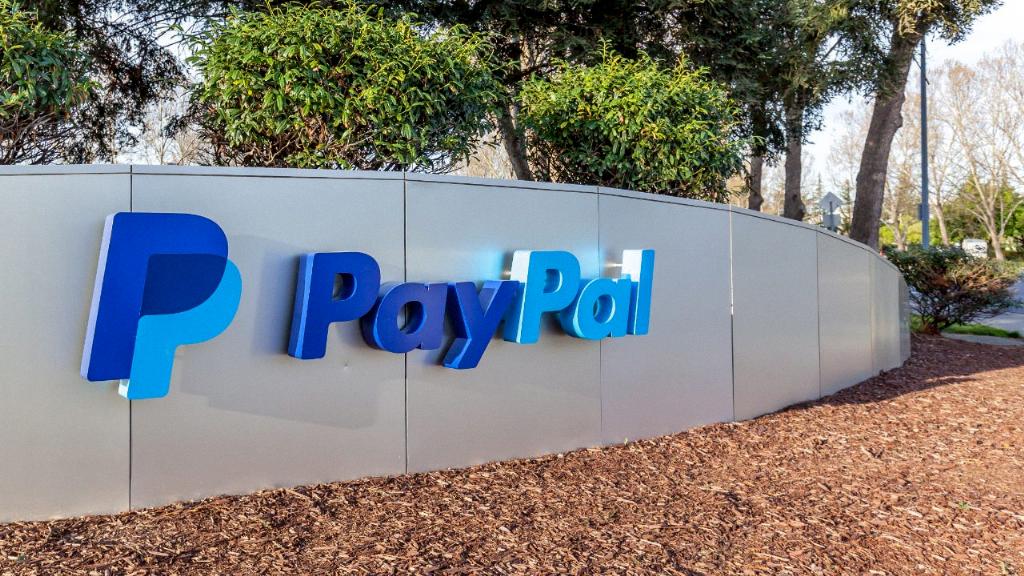Yes, PayPal does send emails. It is a common practice for PayPal to communicate with its users via email for various purposes related to account activities, transactions, security alerts, and promotions. It is essential to be able to distinguish between legitimate emails from PayPal and potential phishing attempts. Here are some key points to consider when receiving emails from PayPal:
Personalized Communication
One way to identify genuine emails from PayPal is that they address you by your first and last name or your business name in the body of the email. Legitimate PayPal emails will not use generic greetings like “Dear valued customer” or “Dear buyer.” Personalized communication is a common practice to establish authenticity.
Avoiding Sensitive Information Requests
It is crucial to note that a legitimate email from PayPal will never ask you to send sensitive information such as your password, bank account details, or credit card information via email. PayPal employs secure channels for handling sensitive data and would not request such information through email communication.
Security Measures
PayPal takes various security measures to protect its users from potential fraud threats, including phishing scams. Understanding the security protocols implemented by PayPal can help users identify and differentiate between authentic emails from the company and fraudulent emails seeking to obtain personal information.
Transaction Notifications
One common type of email that PayPal sends is transaction notifications. These emails inform users about various transactions made using their PayPal account, such as payments received, purchases, or money transfers. Users should review these notifications carefully to ensure the accuracy of the information provided.
Account Updates
PayPal may also send emails regarding account updates, changes in terms of service, or security enhancements. It is essential to pay attention to these emails to stay informed about any modifications that may affect your PayPal account and to follow any recommended actions provided in the emails.
Marketing and Promotions
In addition to transaction-related emails, PayPal may also send promotional emails regarding special offers, discounts, or new features available on the platform. While these emails may include marketing content, users should ensure that they originate from PayPal’s official email address and comply with PayPal’s communication standards.
Phishing Risks
One of the primary risks associated with receiving emails that appear to be from PayPal is the potential for phishing scams. Phishing emails often mimic legitimate communication from PayPal and aim to trick users into revealing sensitive information. Users should be cautious of any emails requesting confidential data.
Verifying Email Authenticity
If you receive an email that appears to be from PayPal but are unsure of its authenticity, there are steps you can take to verify the legitimacy of the email. Checking the sender’s email address, looking for spelling errors or inconsistencies, and contacting PayPal directly for confirmation can help ensure the email’s validity.
Reporting Suspicious Emails
If you suspect that you have received a fraudulent email claiming to be from PayPal, it is crucial to report it to PayPal’s security team. By reporting suspicious emails, you can help protect yourself and other users from falling victim to phishing scams and unauthorized access to personal information.
Stay Informed and Vigilant
Being informed about PayPal’s email communication practices, staying vigilant against potential fraud risks, and verifying the authenticity of emails are essential steps for ensuring a secure and reliable user experience with PayPal. By remaining cautious and proactive, users can help safeguard their accounts and personal information from online threats.

Conclusion
In conclusion, PayPal does send emails to its users for various purposes, including transaction notifications, account updates, marketing communications, and security alerts. Users should be vigilant when receiving emails from PayPal, verify the authenticity of the sender, and avoid providing sensitive information in response to email requests. By understanding PayPal’s email practices and security measures, users can enhance their online safety and protect their accounts from potential fraud risks.
